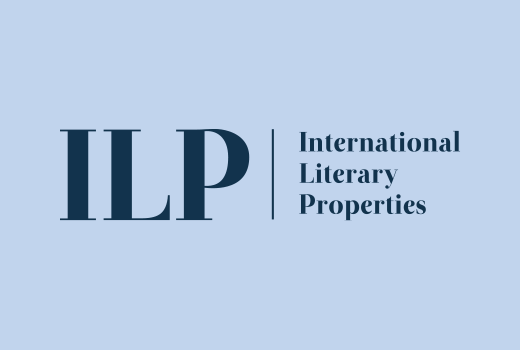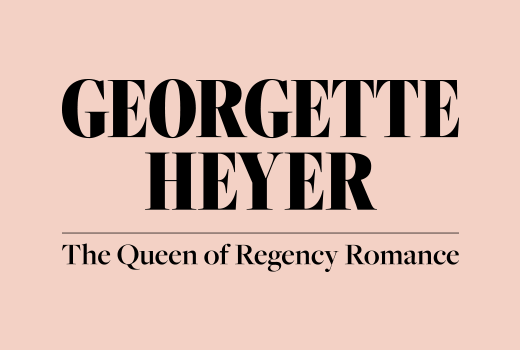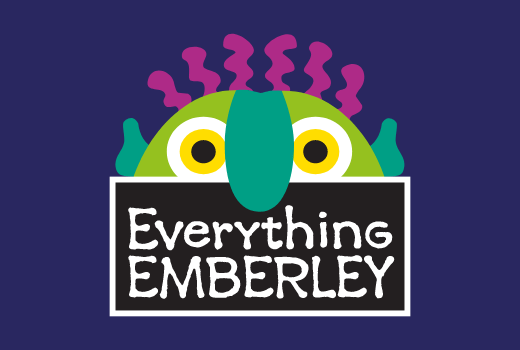The ILP team were honoured to learn more about the Finnish literary pioneer Arto Paasilinna, through an interview with his son Petteri Paasilinna in January 2024.
ILP: Your father’s books show a deep passion for the natural world and the Finnish landscape. Where did this come from?
PP: Arto Paasilinna was a very young boy when he worked as a lumberjack. First on their own family ranch and later in other places in southern Lapland. He started at the age of 12 and continued until he joined the army as a volunteer at 17 years old. He always really enjoyed working outdoors. He also had a huge interest in the wilderness. Before becoming an author, he wrote many articles in Finnish leading magazines about Lapland and its wonderful nature, and when I was a young boy, he taught me how to survive in the woods.
ILP: What was Arto Paasilinna’s childhood like?
PP: Arto’s parents live in Petsamo. Mother Maija was partly Norwegian and the daughter of a polar bear hunter. Father Väinö was a policeman from Kittilä, where he got in such big arguments with his relatives that he ended up changing his surname from Gullsten to Paasilinna and moved to Petsamo. He was a strict man, and used hard methods with his children, especially with boys Erno, Reino and the oldest one Pasi. Väinö was evacuating Petsamo just before the war in 1939 and they had to move to Finland and to the border of Sweden as refugees. Väinö later helped fellow citizens with their arguments to authorities by writing applications and letters. Väinö died in 1950 when Arto was 8 years old, so Maija raised the family by herself.
ILP: Arto’s brother, Erno, was also a writer. What was their relationship like?
PP: The relationship between Arto and Erno was very close. They both very much valued each other’s work. I remember many times when they met up, they would spend hours telling each other stories about what they have been doing, but without really listening to the other one. They would have 10 minutes monologues and then change turns – which could easily take from noon to late evening!
ILP: Your father published almost one book a year, every year for 35 years. What do you think made him so consistently productive?
PP: As a reporter and journalist in many newspapers and magazines he used to work quickly. His typewriting was very fast, even with his two-finger method. It sounded like a machine gun was firing! He was always making long lists of new ideas for future books, so it became a way of life for him.
ILP: What was your father’s writing process like? Would he spend long days hard at work, or was he more relaxed, writing short passages over a long time?
PP: I witnessed his work on his first seven books. Each day he would rise in time to begin writing at 9.30am and he would continue until 12.30pm, writing about a chapter a day. The pages would pile up next to him and the home would be filled with the sound of the typewriter. As part of his editing process, he would have us children read the new chapters back to him aloud, so he could listen to it and correct where necessary. He would often tell me what the new book’s title would be, and what it would be about, but he always did what we wanted with the content and wouldn’t let anyone change his mind.
ILP: Did Arto have a personal philosophy or any guiding principles?
PP: Yes, he had some very well-defined core values which he followed throughout his life. He taught us children his list of guiding principles to live by, which he also wrote in the book The Son of The Thunder God:
- Fear thunderstorms
- Be kind to those with less power than you
- Protect life
- Respect the elderly
- Behave yourself
- Do not give up



